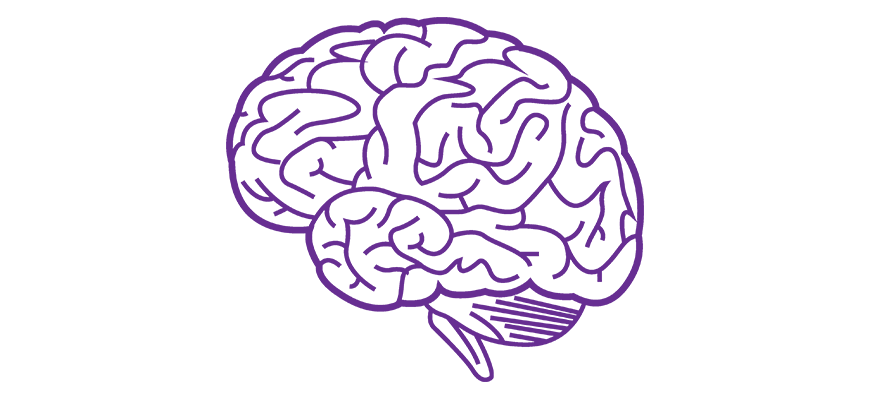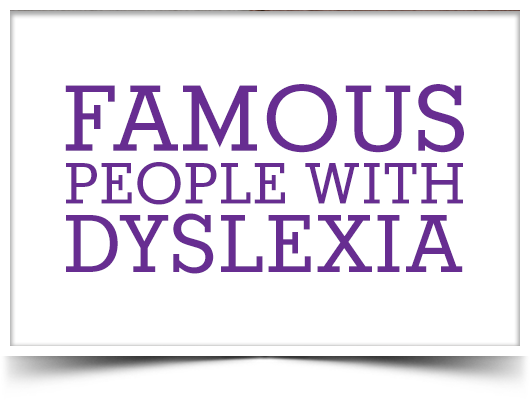Dys = Difficulty
Lexia = Language
 Susan Barton is a leading expert in the fields of dyslexia and ADD/ADHD and founder of the
Susan Barton is a leading expert in the fields of dyslexia and ADD/ADHD and founder of the  Barton Reading and Spelling System. She reports, "Dyslexia is an inherited condition that makes it extremely difficult to read, write, and spell in our native language-despite at least average intelligence."
Barton Reading and Spelling System. She reports, "Dyslexia is an inherited condition that makes it extremely difficult to read, write, and spell in our native language-despite at least average intelligence."
 The National Institute of Health states:
The National Institute of Health states:
"Dyslexia is a specific learning disability that is neurological in origin. It is characterized by difficulties with accurate and/or fluent word recognition, and by poor spelling and decoding abilities. These difficulties typically result from a deficit in the phonological component of language that is often unexpected in relation to other cognitive abilities and the provision of effective classroom instruction. Secondary consequences may include problems in reading comprehension and reduced reading experience that can impede growth of vocabulary and background knowledge."

Latest Brain Research
Modern neuro-imaging has made it possible to "see" inside living, performing human brains. Through the extensive research of  Dr. Samuel Orton and Anna Gillingham, pioneers in the field of dyslexia, it was discovered that the brain is comprised of a left and right hemisphere. They also observed that the brain is 10% larger in the right creative hemisphere of a dyslexic person. This is the reason behind many of the gifts of a dyslexic person.
Dr. Samuel Orton and Anna Gillingham, pioneers in the field of dyslexia, it was discovered that the brain is comprised of a left and right hemisphere. They also observed that the brain is 10% larger in the right creative hemisphere of a dyslexic person. This is the reason behind many of the gifts of a dyslexic person.
Both reading and language take place in the left hemisphere. Through the use of  fMRI, it has been proven that dyslexics use alternate circuits and alternate pathways. To learn more about this fascinating research, read
fMRI, it has been proven that dyslexics use alternate circuits and alternate pathways. To learn more about this fascinating research, read  Overcoming Dyslexia, by
Overcoming Dyslexia, by  Dr. Sally Shaywitz, M.D.
Dr. Sally Shaywitz, M.D.
As stated by the NIH, April 19th, 2004, press release, "A brain imaging study has shown that, after they overcome their reading disability, the brains of formerly poor readers begin to function like the brains of good readers, showing increased activity in a part of the brain that recognizes words."
Brain images show that effective reading instruction will not only improve reading ability, but will also change the brain's functioning so that it can perform reading tasks more efficiently.



